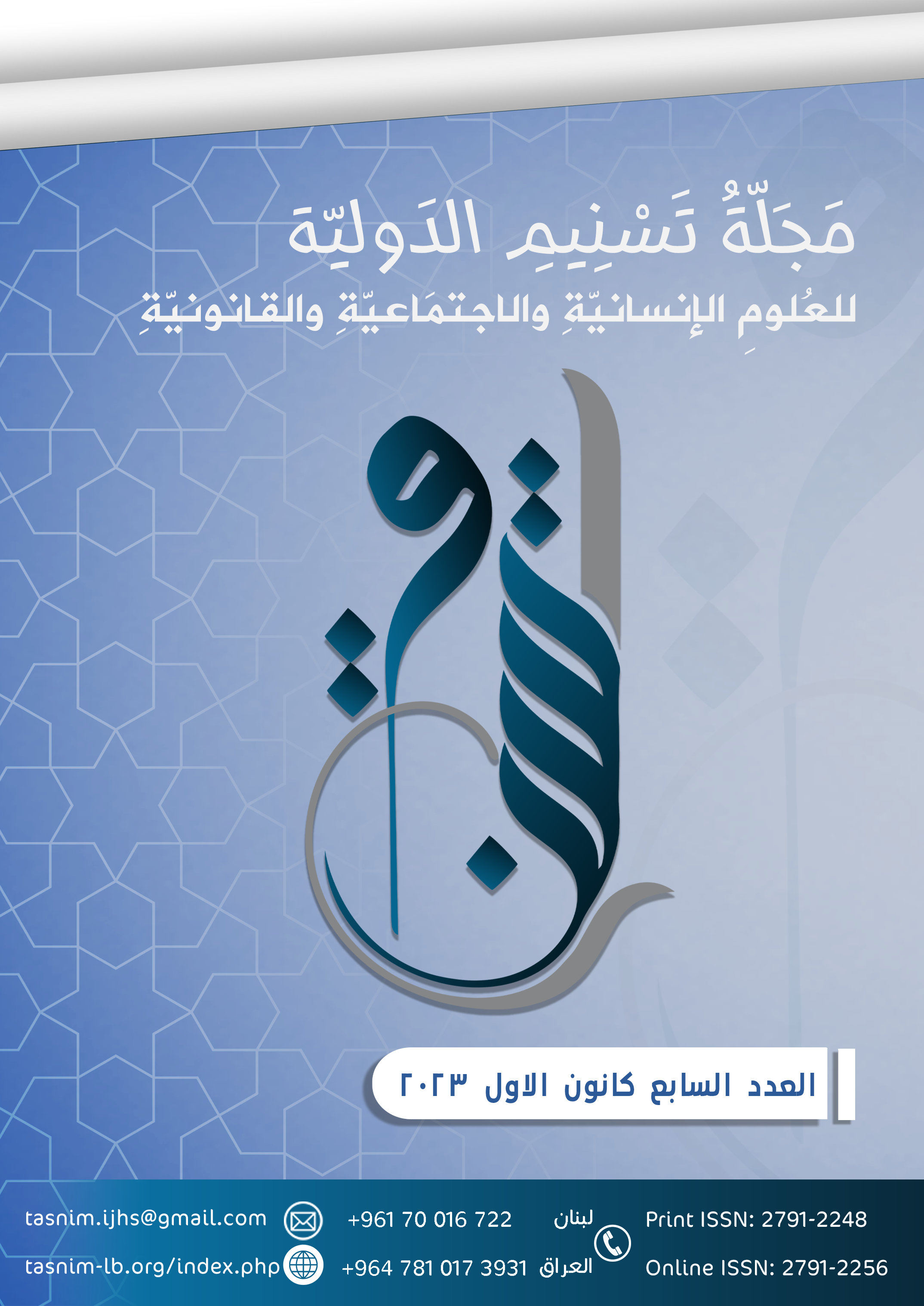The linguistic reasoning for God’s impartiality in the interpretation attributed to Imam al-Askari (peace be upon him)
DOI:
https://doi.org/10.56924/tasnim.7.2023/27Abstract
Many interpretations of the Qur’anic texts did not overcome an appropriate obstacle for God Almighty’s exaltation، while other interpretations were able to overcome that obstacle، including the effective linguistic treatments it contained. texts to the square of comprehension، by achieving its abstraction from breaching the impartiality of God، Glory be to Him. And several texts of interpretation were in achieving their goal، making the linguistic evidence a way to reach the meaning that repels what weakens the humerus of His exaltation، Glory be to Him. There is no doubt that adopting linguistic evidence is a path that guarantees a level of persuasion for the recipient that cannot be pushed back. The linguistic evidence is based on common foundations among the disputants، and none of them can deny it، especially in interactive texts such as those studied in the research. And while the research is keen to demonstrate the endeavor of those texts to match the meanings of the words to what suits God Almighty in terms of His impartiality، it links the linguistic reasoning in some texts of interpretation to what was implied by the well-known sayings of the scholars of linguistic treatments that seek to achieve the appropriateness between the meanings of the words of the Qur’anic texts in the studied places، and His impartiality God Almighty. This connection came in view of the fact that the linguistic inference studied in the research falls within the framework of those treatments while preserving its preponderance over them، by leaving the texts far from interpretation and changing the associations of meanings.
Downloads

Downloads
Published
How to Cite
Issue
Section
License
Copyright (c) 2023 Tasnim International Journal for Human, Social and Legal Sciences

This work is licensed under a Creative Commons Attribution-NonCommercial-NoDerivatives 4.0 International License.





